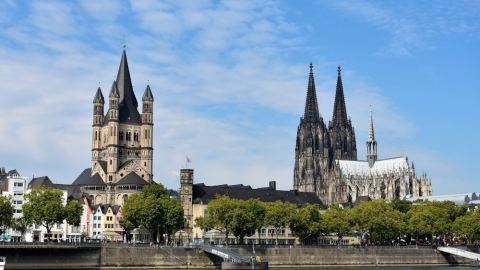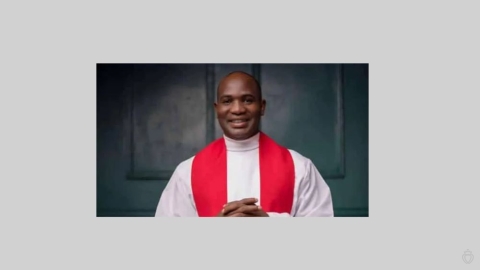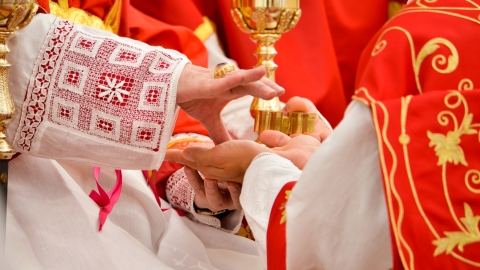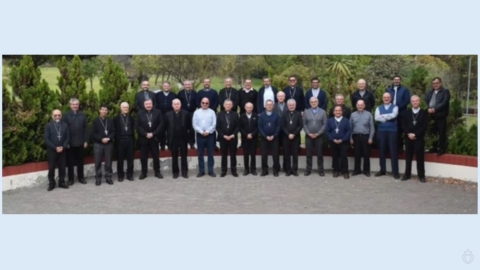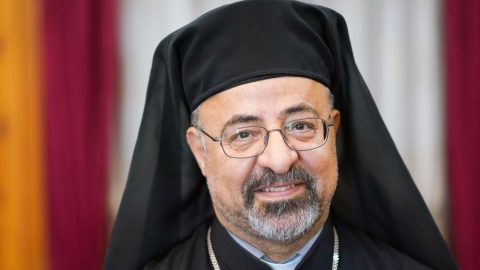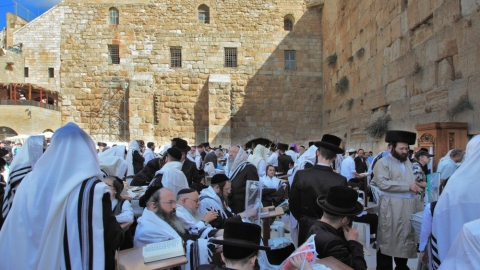Complaint Against the Pope at the UN
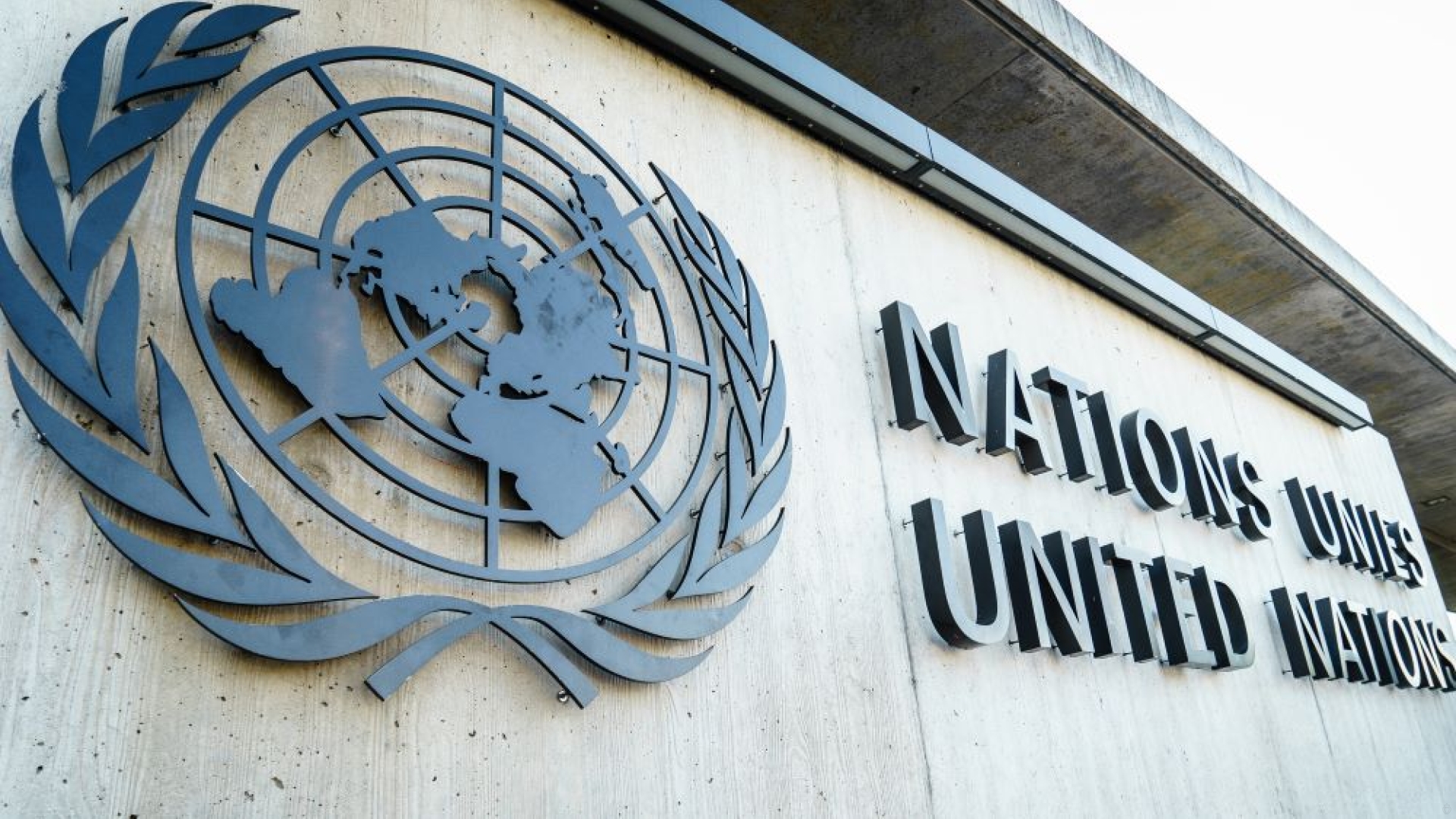
A lawyer of one of those convicted in the Vatican trial that ended on December 16, 2023, has filed a complaint with the United Nations against Pope Francis for a “violation of human rights.” At issue: the methods employed as part of the judicial investigation. It is a complaint which has little chance of succeeding, since the Holy See is not a full member of the United Nations.
The origin of this complaint as unexpected as it is incongruous goes back to 2012: “On the premises of Credit Suisse in London, a representative of the Secretariat of State, and an Italian financier, Raffaele Mincione, meet,” the Financial Times relates, reported by Les Echos. The latter advises: “don’t invest in an oil project in Africa, but in luxury real estate in London.”
It is a suggestion acted upon two years later, in 2014, “by the transfer”—judged to be fraudulent by the Vatican courts—”of 150 million euros from the Credit Suisse and the Banca della Svizzera Italiana of Lugano accounts to the holding company” of Raffaele Mincione, allowing investment in a building in the British capital, at 60 Sloane Avenue, Les Echos continues.
In the transaction, Raffaele Mincione and several of his associates, including the businessman Gianluigi Torzi, collect substantial fees. But over the months, the investments in London—because of the devaluation of the pound, the economic crisis linked to COVID-19, and the uncertainty due to Brexit—sustained many losses. And especially that of the Vatican.
On December 16, 2023, Raffaele Mincione, at the end of a historic trial held at the Vatican, received a prison sentence of five years and six months, and a fine of 8,000 euros with a ban on holding public office. The convicted man and his accomplices have appealed the judgment.
During the trial, several rescripts signed by Francis were made public: “in them the Supreme Pontiff authorized the use of phone tapping,” The Telegraph reports, in the framework of the investigation on the former broker, then suspected of fraudulent activities.
Methods contested by Mincione’s lawyer, cited by the newspaper: “This unfounded authorization, granted to the prosecutors by an absolute monarch, gave the green light to the implementation of surveillance, without precise reasons being given, without judicial or other independent and impartial control being exercised, or without there being a mechanism to challenge the implementation of surveillance before an independent and impartial court.”
The lawyer Rodney Dixon, specializing in human rights, is deciding based on these facts to file a complaint against the Successor of Peter with the United Nations, as the “perpetrator” of human rights violations, The Telegraph reported on June 16.
It remains for Margaret Satterthwaite, Special Rapporteur for the UN, to examine the admissibility of this complaint: it has little chance of succeeding since the Holy See enjoys full immunity under international law and it has always refused to be an effective member of the UN, preferring the status of permanent observer, which has allowed it—since 1964—to make its voice heard, without being bound by any regulation whatsoever.
As such, the Church’s position regarding international politics finds its legal formulation in Article 24 of the Lateran Treaty, signed on February 11, 1929:
“The Holy See, in what concerns the sovereignty which belongs to it, even in the international domain, declares that it wishes to remain and will remain a stranger to temporal competitions between other States and to international meetings convened for this purpose, unless the disputing parties make a unanimous appeal to its mission of peace.”
(Sources : The Telegraph/Financial Times/Les Echos – FSSPX.Actualités)
Illustration : Photo 42309336 © Hai Huy Ton That | Dreamstime.com
